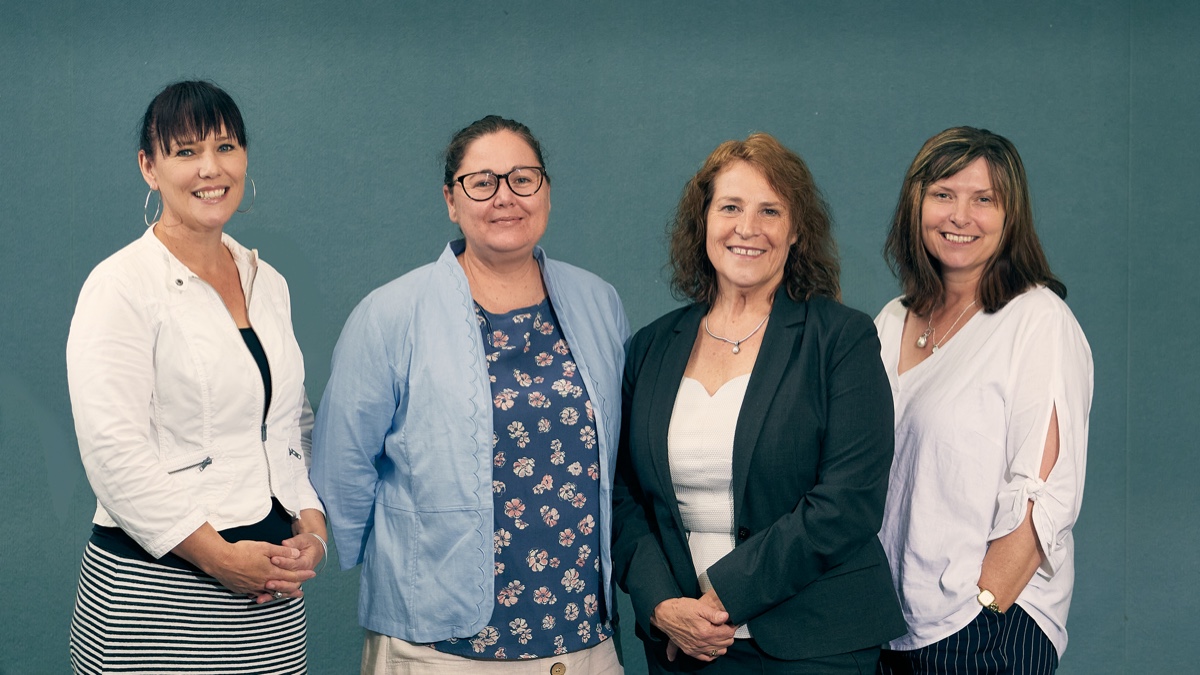Without proper support, high ability (gifted and talented) students are not reaching their full potential in Australian schools, University of New England lecturers say.
It’s an issue recognised across education departments and supported by the findings of the Gonski Report into Australian education commissioned by the Australian Government in 2010, and other emerging research. But UNE education specialists are set to boost support for gifted students in schools, with the help of a tender worth over $500,000 from the Department of Education and Training, Victoria.
Project leader Professor Sue Gregory says the grant will enable the team of four to develop a new digital toolkit that can be used by teachers in schools to better understand the needs of high ability students and support diversity in the classroom.
“Teachers in Australia are very good at planning and catering for a lot of the diversity they see in their classrooms, such as the average and underperforming student cohorts. But they tend to struggle to cater for the high achiever,” Professor Gregory says.
“A finding of the Gonski Report is that these gifted, or ‘high ability’, students are not performing as they used to.”
High ability specialist, Genevieve Thraves, says the toolkit will help teachers better meet the needs of their learners.
“Without the right support, gifted and talented students are not being adequately challenged. As a result, we’re seeing that they’re not meeting their academic potential, and not building their social and emotional capacity to be able to stick at and work through a challenge or difficult situation.”
While some Australian data in this area is still emerging, Ms Thraves says data from America indicates that gifted and talented students not supported in schools are falling 13 years behind their peers in terms of employment success and income.
“It becomes an equity issue in our classrooms when students are not supported to achieve their potential, and this has repercussions for these students later in life,” she says.
Dr Joanna Anderson says the digital toolkit will provide a cohesive set of resources over six months.
“The idea is that we’ll have a suite of resources that are a one-stop shop for teachers and school leaders. The resources will be grounded in current research evidence and be accessible, engaging and user-friendly,” she says.
The tools will help teachers identify high ability students in their classrooms, and better understand their social and emotional needs. There’ll also be targeted professional learning for High Ability Practice Leaders in schools, including video case studies.
“It’s about improving the capacity of teachers and school leaders to be able to provide the challenging and meaningful learning experiences high ability students need to improve achievement outcomes and build life skills,” Dr Anderson says.
The toolkit will complement and support the strategies and resources teachers already use to support inclusivity in their classrooms.
“We’re not looking at high ability needs in isolation,” Dr Anderson says. “It’s important we’re using the same language and connecting in with what teachers are already familiar with in terms of meeting diverse learning needs.”
Associate Professor Dr Jennifer Charteris says the resources in the High Ability Toolkit will be developed and available over three phases, with the full package due to be available by 30 June 2021.
“The toolkit will be developed through a process of co-design with the Department of Education and Training, Victoria, and in consultation with focus groups for feedback,” she says.
“We’re thrilled to be able to work with the department, and combine knowledge from our work in schools as classroom teachers and school leaders with our theoretical expertise as academics, in order to contribute to teacher capacity in this area, which we know is much needed.”
Project contacts
For further information on this project please contact the Project Lead, Professor Sue Gregory
e: sgregor4@une.edu.au
Interested schools are also invited to contact Genevieve Thraves to discuss possible research collaborations in relation to High Ability/Gifted and Talented e: gthraves@une.edu.au


